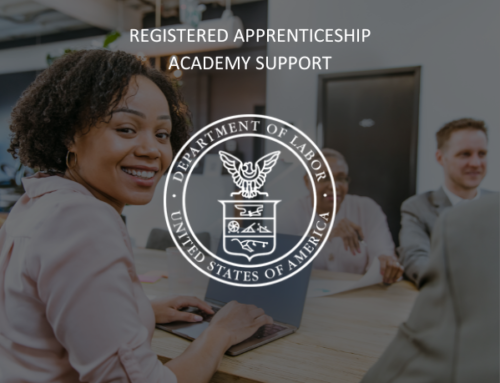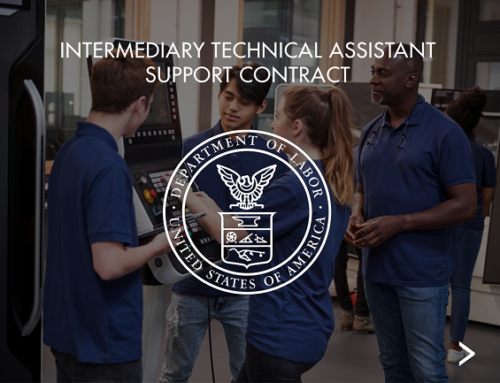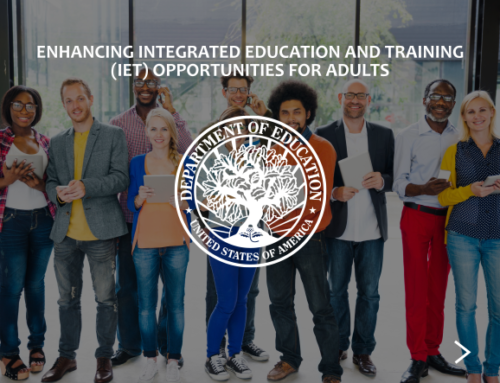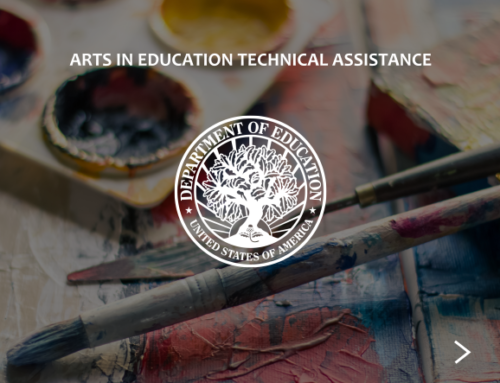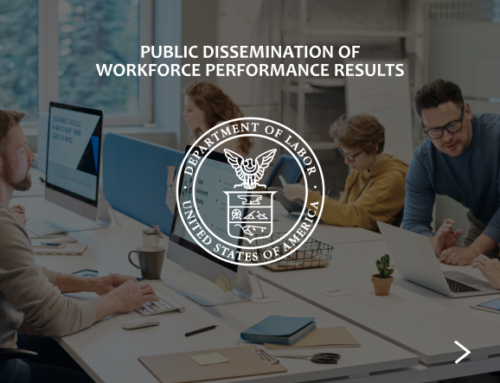Workforce System Technical Assistance Collaborative
Project Details
Agency Name: U.S. Department of Labor (DOL), Employment and Training Administration (ETA)
Agency Type: Federal
Services: Technical Assistance
Client Goals
The USDOL ETA Workforce System Technical Assistance (TA) Collaborative will provide strategic, short-and long-term TA to help public workforce system entities at the state and local levels improve service quality and outcomes for job seekers and employers who use the public workforce system for identified common needs of the system. In addition to proactive TA, the Collaborative will respond in real-time to emergent technical assistance needs of state and local workforce development boards, state workforce agencies, and one-stop partner programs in coordination with DOL in order to improve services.
The main goals of the Collaborative are to: (1) develop comprehensive TA strategies system-wide, intended to increase the workforce system’s efficacy, performance, and efficiency, as well as customized strategies for specific states and localities; (2) provide TA to individual WIOA Title I and Wagner-Peyser Act Employment Service grantees experiencing an acute challenge, identifying such grantees needs in consultation with ETA; (3) create an online community using ETA’s platform to support key stakeholders and customers during the life of the project, which can be sustained by the Department after the project ends; (4) facilitate peer-to-peer learning; (5) develop summaries of best practices, profiles or toolkits on how grantees can implement evidence-based practices, and written resources to provide assistance; and (6) assist the public workforce system in conducting participant and employer outreach, program implementation, and partnership building.
Safal Approach
In March 2022, Safal Partners was awarded a $3.5 million, three-year grant, to lead the US Departments of Labor’s Workforce System Technical Assistance Collaborative (Collaborative). The Collaborative will assess the Technical Assistance (TA) needs and prioritize services to provide TA in a tier-level structure ranging from Universal TA to Customized TA. This work includes developing TA materials that can be used quickly by Workforce Development Boards (WDBs) and One Stop Operations staff to resolve issues around topics such as:
- Pandemic/economic response and virtual service delivery;
- WIOA implementation;
- Fiscal/administrative/operational strategies;
- Sector partnerships/employer engagement strategies that support job quality; and
Performance management, including measuring inclusion in, impact of, and continuous improvement of services for people of color, individuals with disabilities, and other marginalized communities and underrepresented populations

